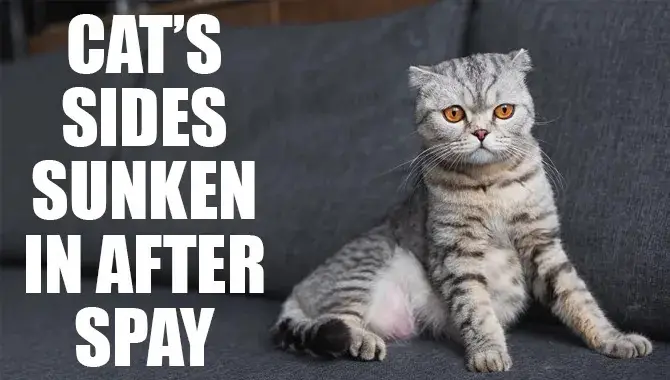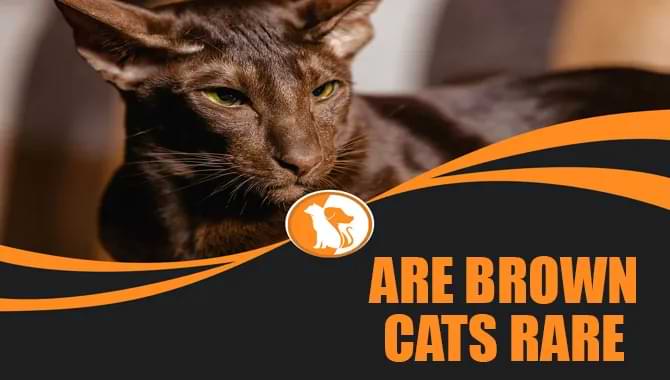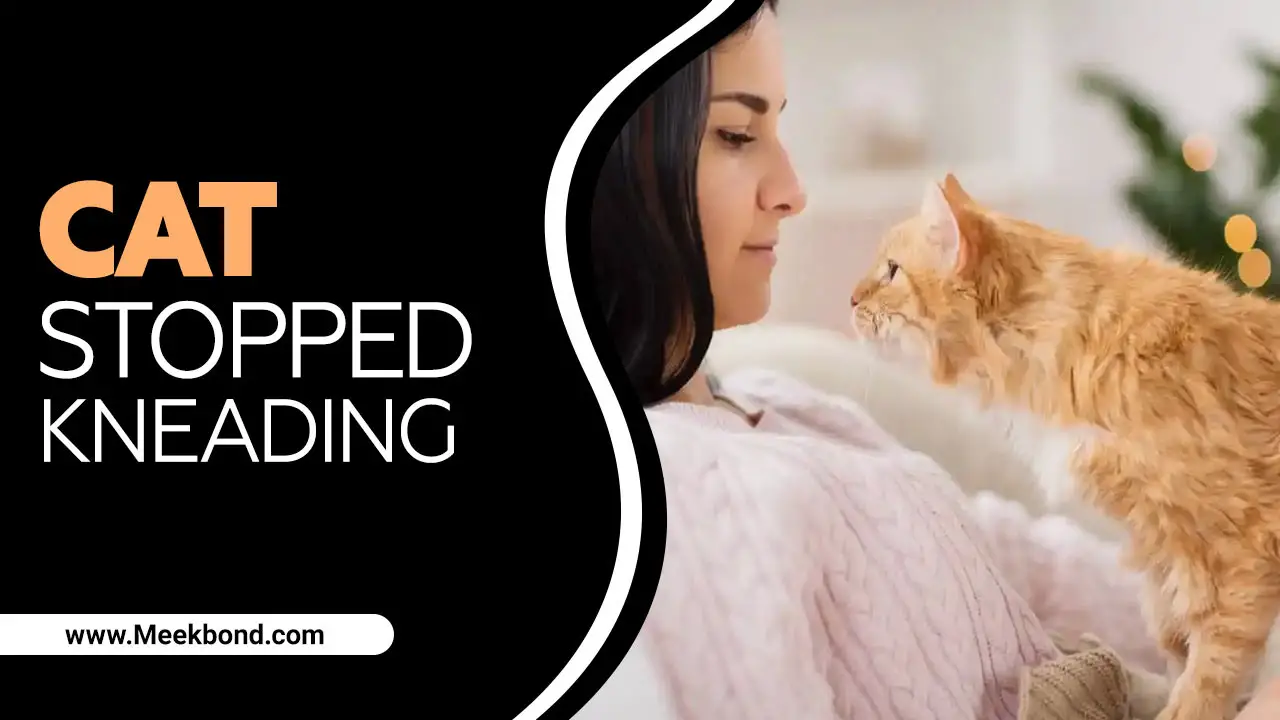A cat’s habit of licking its lips can be a warning sign for several health issues, such as dental problems, oral pain, nausea, gastrointestinal distress, kidney disease, or even a foreign object in its mouth.
Lip licking may also be caused by allergies or mouth irritation. Observing your cat’s behavior and seeking veterinary attention if you notice prolonged or excessive lip-licking is essential. If you have a cat, you may have seen them licking their lips and swallowing frequently. This behavior can concern pet owners, especially if it is happening excessively.
Here we will look closer at why does my cat keep licking his lips and swallowing. We will delve into the potential reasons. We will also discuss how to differentiate between normal and excessive licking. We will provide tips on how to stop your cat from licking its lips excessively.
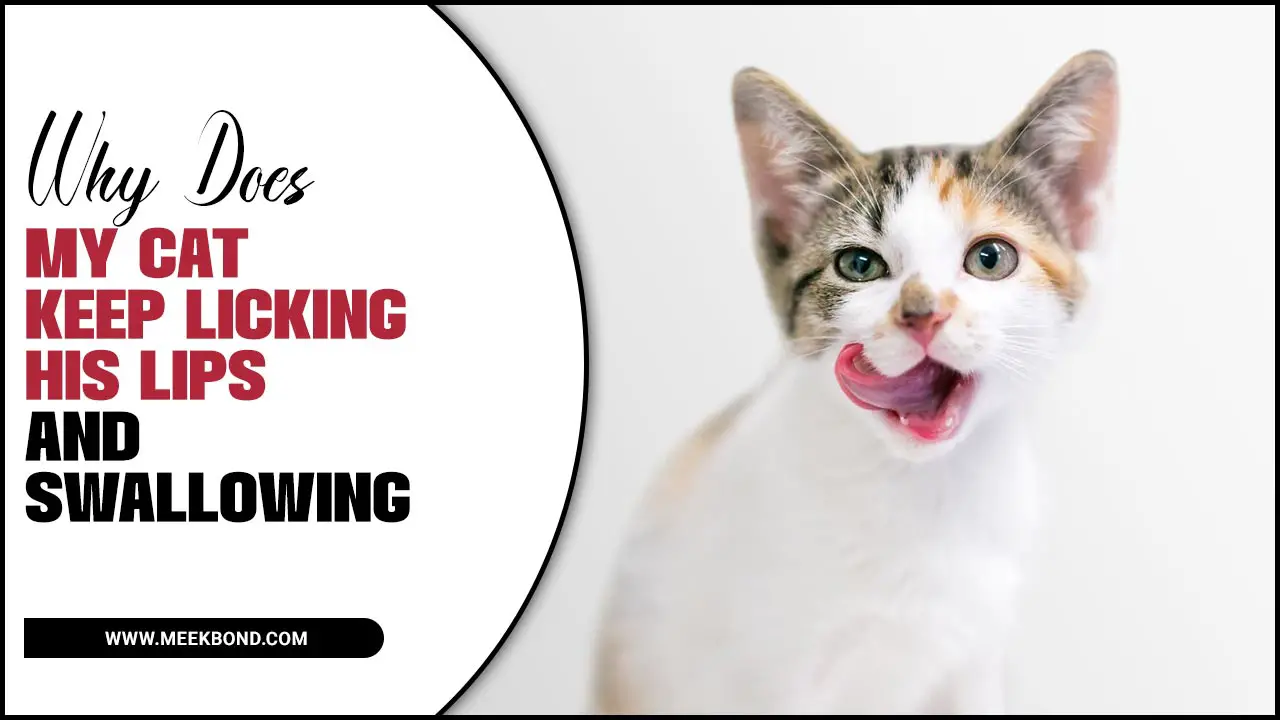
Potential Reasons Why Does My Cat Keep Licking His Lips And Swallowing
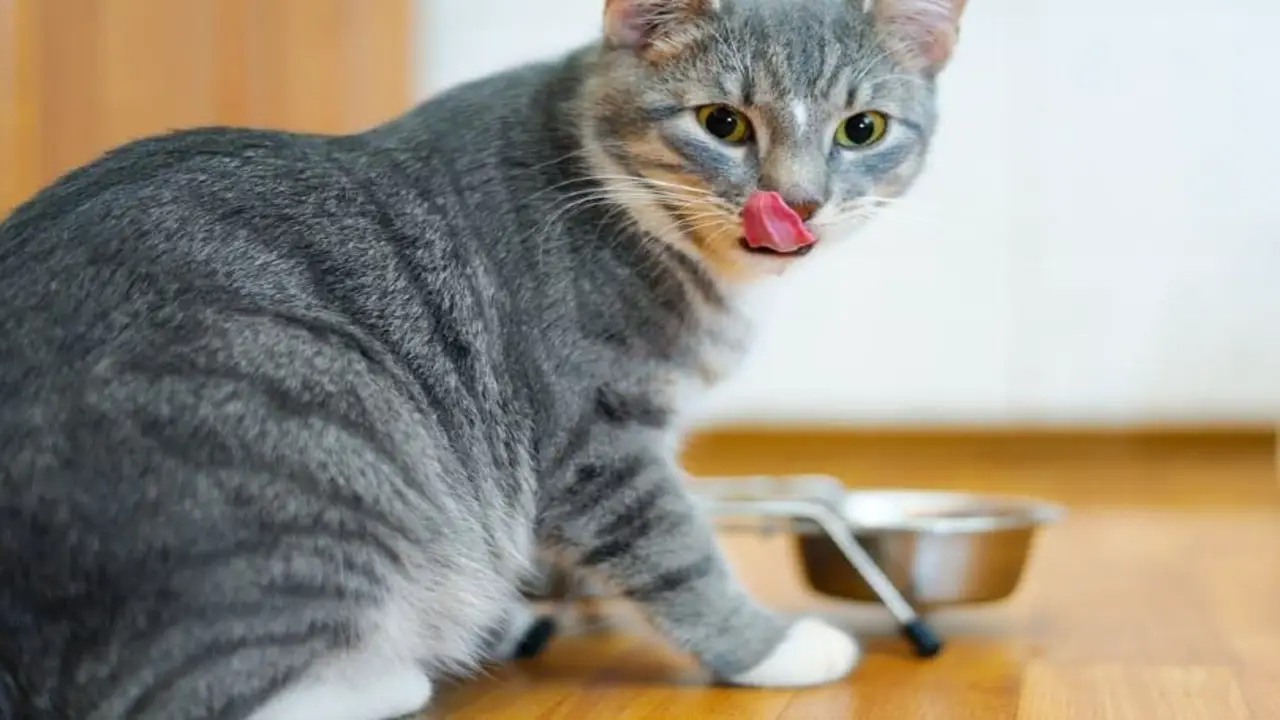
Continuous lip licking in cats can have various potential reasons. It could be a sign of anticipation of food or post-meal grooming. Stress or anxiety may also lead to excessive lip-licking behavior in cats. The presence of foreign objects in their mouth, such as debris or pieces of toys, can cause repeated lip licking.
Additionally, oral pain or disease, including dental issues or infections, can manifest as lip licking in cats. Ingesting something distasteful or toxic can also trigger this behavior. Here we discuss in detail why does my cat keep licking his lips and swallowing.
1.Anticipation Of Food Or Post Meal Grooming
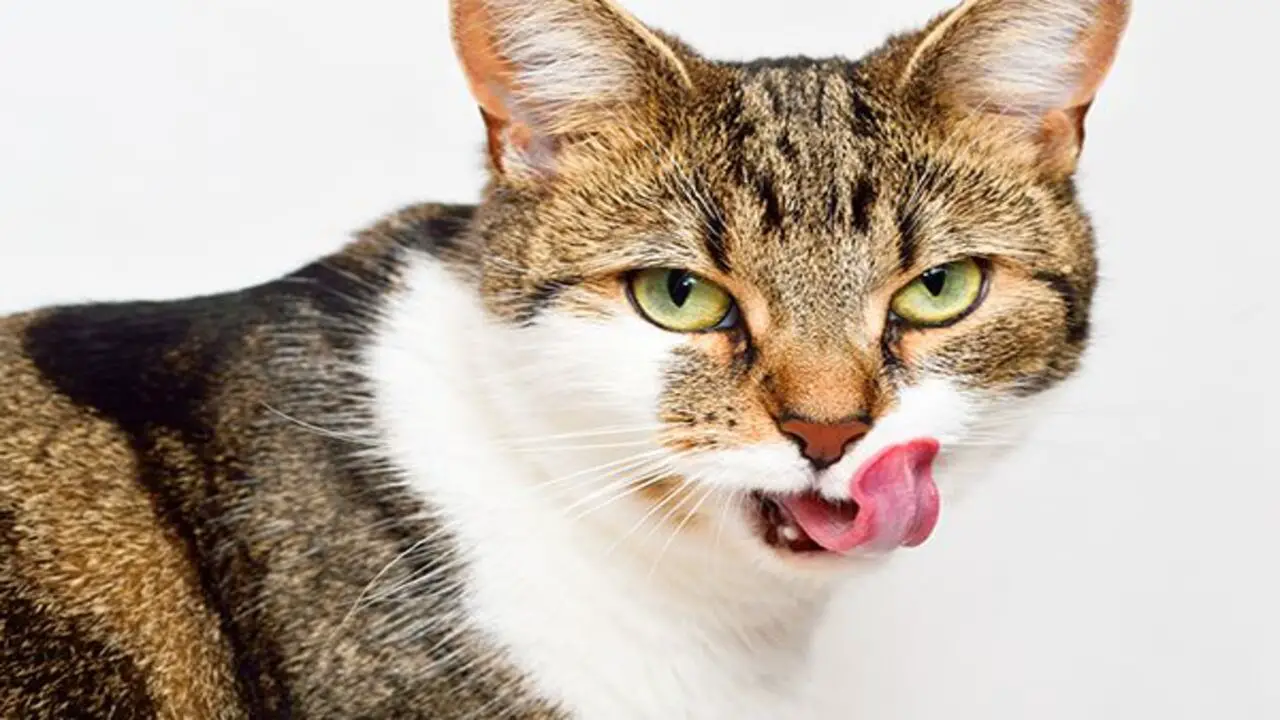
Cats often lick their lips in anticipation of being fed or as part of their grooming routine after a meal. Lip licking can indicate hunger or the desire for more food. It is usual for cats to groom themselves after eating, which may involve lip licking.
This behavior is ingrained in their instincts and helps them keep their fur clean and free from food residue. So, if your cat keeps licking his lips and swallowing, it could just be a sign that he’s looking forward to his next meal or taking care of his grooming needs.
2.Stress Or Anxiety-Induced Behavior
Excessive lip licking in cats can be a manifestation of stress or anxiety. When cats are in stressful situations, they may engage in self-soothing behaviors like excessive lip licking. Environmental changes or loud noises can trigger this behavior in felines.
It’s important to understand that lip licking is a way for cats to cope with their anxiety and find comfort. Recognizing and addressing the underlying stressors can help our cats feel more at ease and reduce their excessive lip licking.
3.Presence Of Foreign Objects In Mouth
Lip-licking behavior in cats may indicate the presence of foreign objects in their mouth. When a cat has an object stuck, it may try to dislodge it by constantly licking its lips. It is essential to check for obstructions or foreign bodies if your cat has excessive lip licking. This can help prevent further discomfort or complications. Always be mindful of your cat’s behavior and take necessary action to ensure oral health and overall well-being.
4.Oral Pain Or Disease
Cats may display excessive lip-licking behavior when experiencing oral pain or dental issues. This behavior can indicate discomfort or inflammation in the cat’s mouth. Dental diseases or oral infections are common causes of cats licking their lips excessively.
It is essential to address these issues promptly, as they can lead to further complications if left untreated. If you notice your feline companion engaging in excessive lip licking, it may be a sign that they are dealing with oral pain or disease.
5.The Effect Of Consuming Something Distasteful Or Toxic
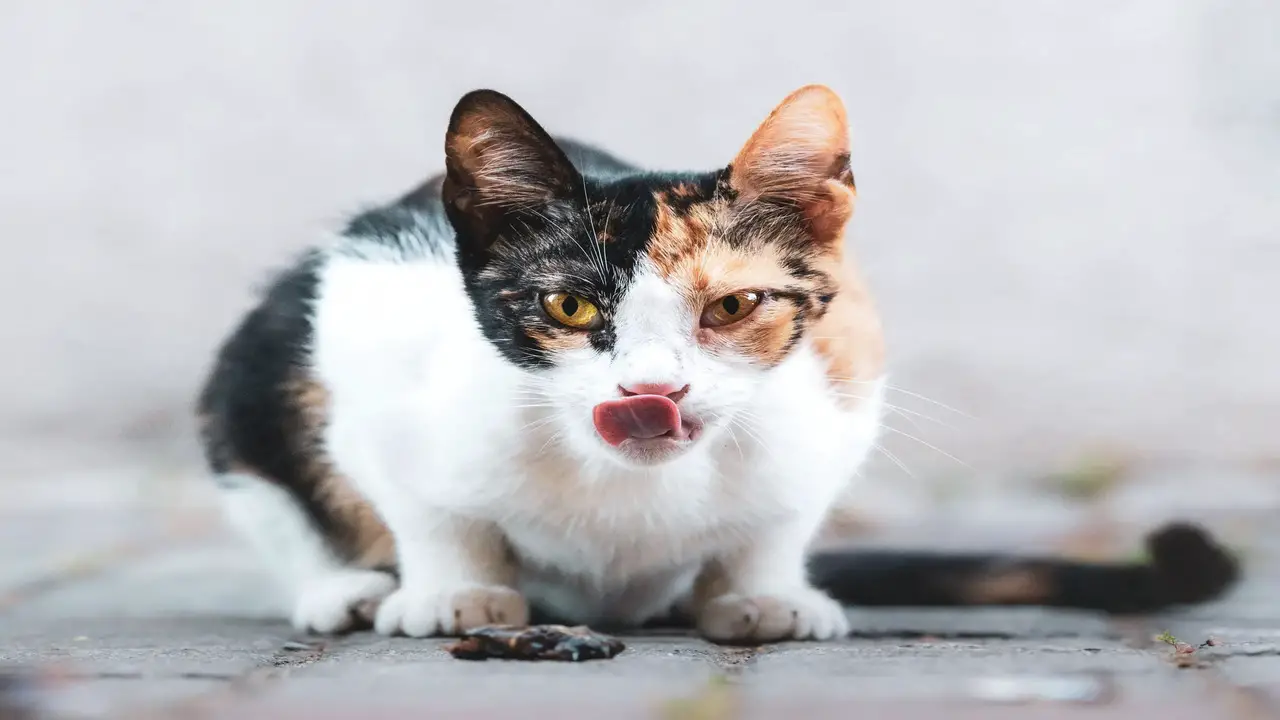
Cats may engage in repetitive lip licking if they have ingested something that has a funny taste or is toxic to them. This behavior is their natural way of trying to remove the unpleasant taste or toxins from their mouths.
Cat owners must monitor their feline friends closely and seek veterinary attention if they suspect their cat has ingested something harmful. By paying attention to their cat’s behavior, owners can ensure the well-being and health of their furry companions.
More Serious Conditions That Might Cause Lip Licking
When it comes to excessive lip licking in cats, more severe conditions could be the underlying cause. Ptyalism and xerostomia are medical conditions that can lead to cats excessively licking their lips.
Focal seizures can also manifest as lip-licking behavior in felines. Additionally, allergies can contribute to persistent lip licking in cats. If your cat exhibits this behavior, it’s essential to consult a veterinarian to determine the underlying cause and provide appropriate treatment.
1.Ptyalism And Xerostomia
Excessive salivation, known as ptyalism, can result in frequent lip licking by cats. This behavior is often seen in conjunction with xerostomia, or dry mouth, which causes increased lip licking. If your cat exhibits these symptoms, seeking veterinary attention to identify the underlying cause and provide appropriate treatment is essential.
Veterinary intervention is crucial in determining if there are any oral issues such as plaque build-up or gum disease, systemic infections, or any additional symptoms of dehydration, diarrhea, poor appetite, or excessive drooling. Remember to monitor your cat’s behavior and consult a professional for a comprehensive evaluation.
2.Focal Seizures
Focal seizures in cats can lead to abnormal behaviors, such as lip licking. This behavior may indicate seizure activity in the cat’s brain. If you notice your cat continuously licking his lips and swallowing, it is essential to consult a veterinarian for a proper diagnosis and management. Focal seizures require professional attention to ensure your cat’s well-being. Remember, your cat’s health should always be a top priority.
3.The Role Of Allergies
Allergies, such as pollen or dust mite allergies, can trigger excessive lip licking in cats. This behavior is often a response to allergic reactions in felines. To reduce lip-licking behavior in cats, it is essential to identify and manage the underlying allergies. By addressing and treating allergies, cat owners can help alleviate their pets’ discomfort and prevent excessive lip licking.
Differentiating Between Normal And Excessive Licking
Differentiating between normal and excessive licking in cats is essential to understand their behavior and potential health issues. Ordinary lip licking is occasional and brief, usually a result of grooming or cleaning the face. On the other hand, excessive licking may indicate an obsessive-compulsive disorder.
Excessive lip licking is persistent and often accompanied by other symptoms of discomfort or underlying health problems. If your cat’s lip-licking becomes excessive and interferes with their daily routine, it is crucial to consult a veterinarian for further evaluation. Understanding the context and frequency of lip licking can help differentiate between normal behavior and excessive licking.
Cat Keep Licking His Lips And Swallowing. Is It Bad Or Good?
If you observe your cat continuously licking and swallowing, it could indicate a health issue. However, it is essential to note if other symptoms accompany it and consult a veterinarian if concerned. In some cases, the behavior might be occasional and not necessarily bad.
It is advisable to monitor your cat’s behavior for any changes. Some potential health issues that this behavior might signal include dental problems, gastrointestinal issues, allergies, or infections. Other accompanying symptoms may include vomiting, diarrhea, excessive drooling, or lethargy. Regular visits to the veterinarian can help diagnose and treat any underlying health conditions.
How To Stop Your Cat From Licking Its Lips?
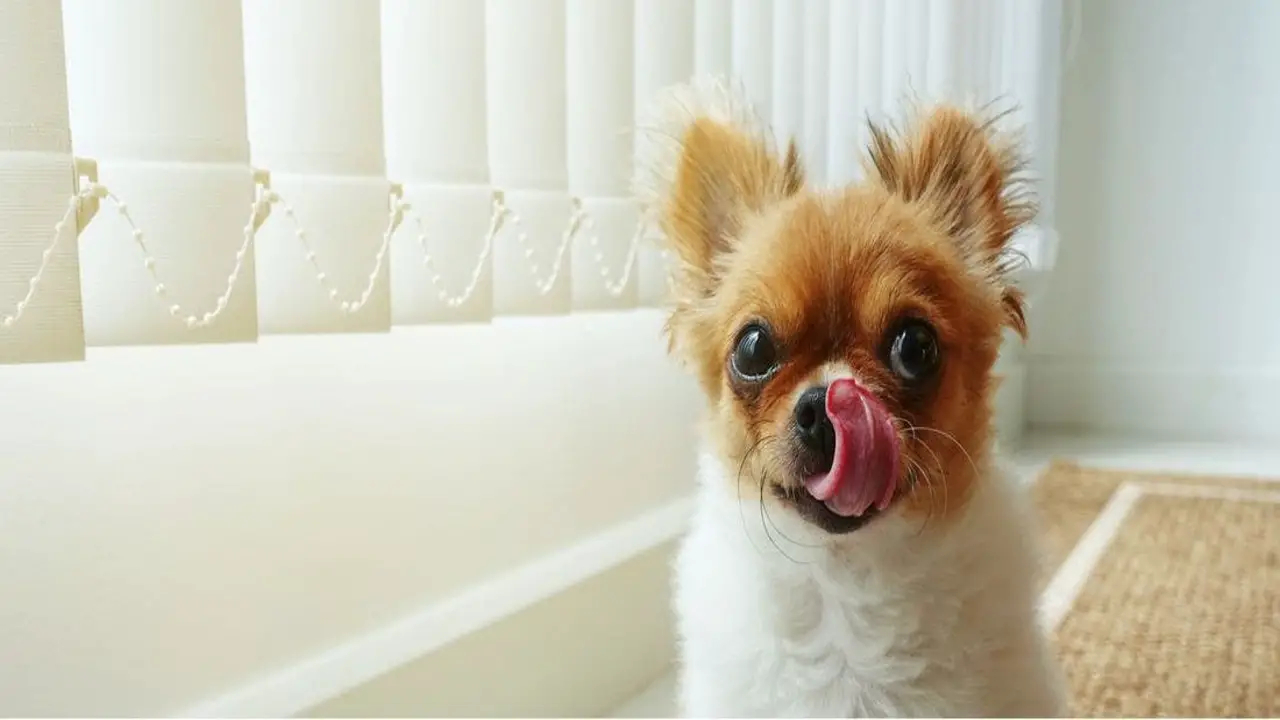
If you notice that your cat is frequently licking its lips, it’s essential to consult with a veterinarian to determine if any underlying health issues are causing the behavior. Once you’ve ruled out any medical explanations, there are several steps you can take to help stop your cat from licking its lips.
Ensuring proper dental care and feeding your cat a balanced diet can go a long way in preventing lip licking. Additionally, creating a stress-free environment for your feline friend and using positive reinforcement techniques, such as offering treats or toys to redirect their attention, can be effective in curbing this behavior.
It’s worth noting that excessive lip licking can also be a sign of anxiety or other behavioral issues. In these cases, working with an animal behaviorist may be necessary to address the root cause of the behavior and find solutions that work for you and your cat.
Conclusion
If you notice your cat licking his lips and swallowing excessively, it could indicate various underlying issues. Observing your cat’s behavior and consult a veterinarian if necessary is important. While some lip licking is regular, excessive and persistent licking may indicate stress, oral pain, or even the presence of foreign objects in the mouth. Certain medical conditions like ptyalism, xerostomia, focal seizures, and allergies can also cause lip licking.
To help alleviate your cat’s discomfort, it is crucial to identify and address the root cause. Provide a calm and stress-free environment for your cat, offer appropriate toys and treats, and seek professional advice if needed. Remember, caring for your cat’s well-being is essential for their health and happiness. We hope you understand why does my cat keep licking his lips and swallowing.
Frequently Asked Questions
When Should You Be Concerned About Your Cat’s Licking Habits?
If your cat’s licking habits suddenly change or become excessive, it may be cause for concern. Watch out for other signs like loss of appetite, weight loss, and vomiting. Schedule a vet visit to ensure your cat’s health if you notice anything unusual.
Can Licking Be A Sign Of A More Serious Underlying Condition?
Excessive licking or swallowing in cats can indicate an underlying medical condition. Possible causes include dental issues, gastrointestinal problems, or allergies. If you notice your cat exhibiting these behaviors, it’s essential to consult with a veterinarian for proper diagnosis and treatment options.
Is It Normal For Cats To Lick Their Lips Frequently?
Frequent lip licking in cats can indicate an underlying issue. While occasional lip licking is regular, it could be a sign of gastrointestinal problems, dental issues, or stress if it occurs frequently. It’s essential to consult a veterinarian for a check-up and appropriate treatment based on the underlying cause.
Why Is My Cat Licking Plastic?
Cats may lick plastic due to its texture or taste, but it’s unsafe for them to ingest. Ingesting plastic can lead to intestinal blockages and other health issues. Keep plastic away from your cat and offer safe chew toys instead.
Why Do Cats Lick Their Lips After They Hiss?
Cats often lick their lips after hissing to calm themselves or others. This behavior can also indicate anxiety, stress, or a potential medical issue. Attention to other body language cues can help determine the underlying cause of the lip-licking behavior.

Aquarium passion is all about connecting with the aquatic life and providing education to the public on the importance of these creatures. We showcase a wide variety of marine life through our exhibits as well as working with schools to provide unique learning opportunities for students of all ages.

